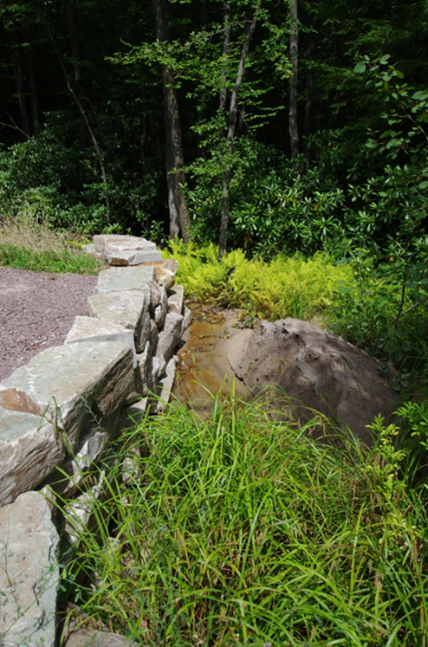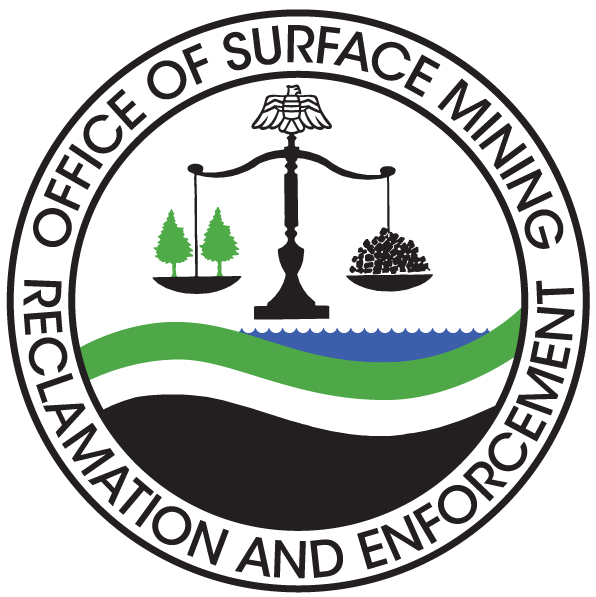WASHINGTON – The Office of Surface Mining Reclamation and Enforcement today announced more than $4.8 million in fiscal year 2023 funding from President Biden’s Investing in America agenda to create good-paying jobs and catalyze economic opportunity by reclaiming abandoned mine lands in Maryland.
Millions of Americans nationwide live less than a mile from an abandoned coal mine. The Bipartisan Infrastructure Law allocated a total of $16 billion to address legacy pollution, including $11.3 billion in abandoned mine land funding over 15 years, facilitated by the Office of Surface Mining Reclamation and Enforcement. This historic funding is expected to address the majority of currently inventoried abandoned coal mine lands in the nation, which will help communities address and eliminate dangerous environmental conditions and pollution caused by historic coal mining. Today’s announcement builds on more than $4.8 million allocated to the state of Maryland in fiscal year 2022.

reclamation projects like this abandoned mine in
Garrett County, Maryland, to mitigate acid mine
drainage affecting a watershed. Photo courtesy
of the Maryland Department of the Environment,
Abandoned Mine Lands Division.
“The Bipartisan Infrastructure Law is a once-in-a-generation investment and opportunity to address the majority of currently known abandoned mine land problems,” said Thomas Shope, OSMRE regional director.
To date, for fiscal year 2023, more than $26.2 million in awards have been granted to Alaska, Arkansas, Colorado, Iowa, Kansas and New Mexico. Funding will be awarded to additional eligible states and Tribes on a rolling basis as they apply.
AML reclamation supports jobs in coal communities by investing in projects that close dangerous mine shafts, reclaim unstable slopes, improve water quality by treating acid mine drainage, and restore water supplies damaged by mining. It also enables economic revitalization by reclaiming hazardous land for recreational facilities and other economic redevelopment uses, such as advanced manufacturing and renewable energy deployment. As directed by the Bipartisan Infrastructure Law, funding will prioritize projects that employ dislocated coal industry workers.
This funding is a part of the Biden-Harris administration’s unprecedented investments in communities and workers to support an equitable transition to a sustainable economy and healthier environment after the closure of mines or power plants. This effort also advances the President’s Justice40 Initiative that commits to delivering 40 percent of the benefits of certain climate and clean energy investments to disadvantaged communities.
“The Maryland Department of the Environment is committed to the reclamation of areas that continue to degrade the environment and endanger public health and safety due to the effects of prior coal mining,” said Tyler Abbott, director, Land and Materials Administration, Maryland Department of the Environment. “With this level of funding over 15 years, Maryland will be able to move ahead on a significant portion of our planned abandoned mine land projects and deliver water quality improvements for tributaries impacted by acid mine drainage.”
These Bipartisan Infrastructure Law AML funds supplement traditional annual AML grants, which are funded by active coal operations. In the 46 years since SMCRA was enacted, OSMRE has provided more than $8 billion under the AML reclamation program to reclaim lands and waters that were mined or affected by mining prior to 1977.
– OSMRE –
OSMRE carries out the requirements of the Surface Mining Control and Reclamation Act of 1977 in cooperation with states and Tribes. OSMRE’s objectives are to ensure that coal mining activities are conducted in a manner that protects citizens and the environment during mining, to ensure that the land is restored to beneficial use after mining, and to mitigate the effects of past mining by aggressively pursuing reclamation of abandoned coal mines.

